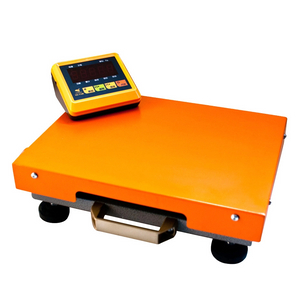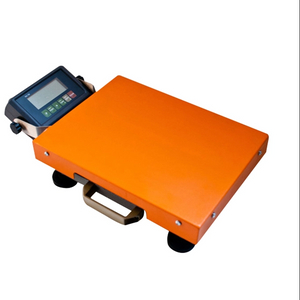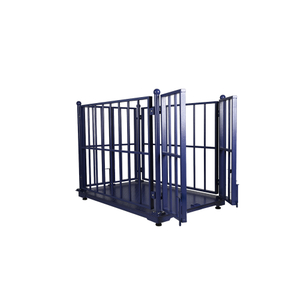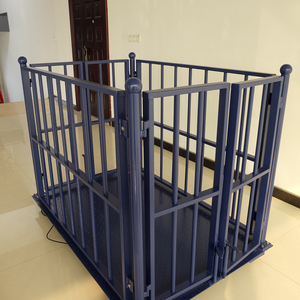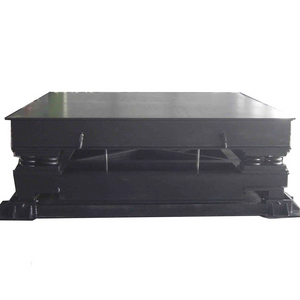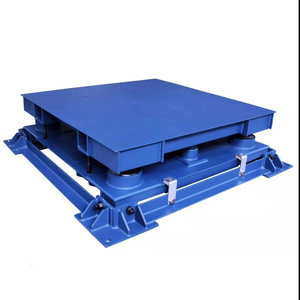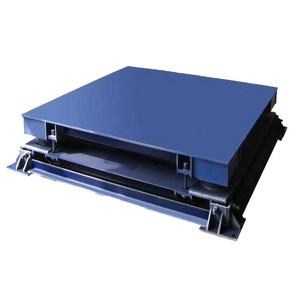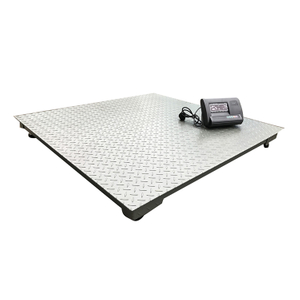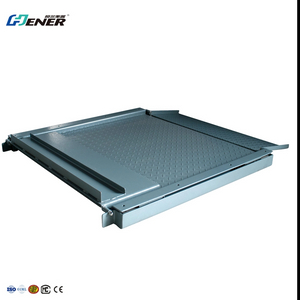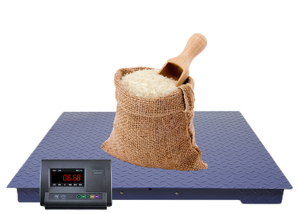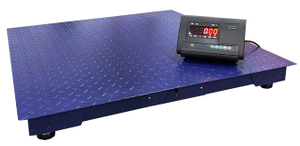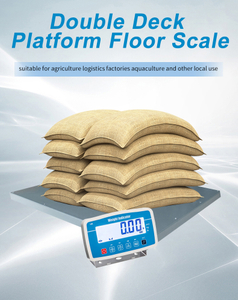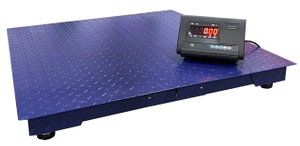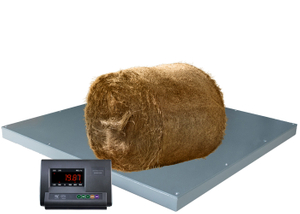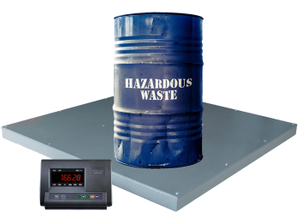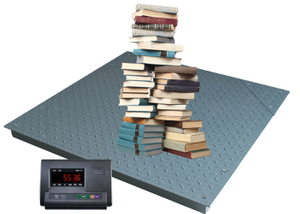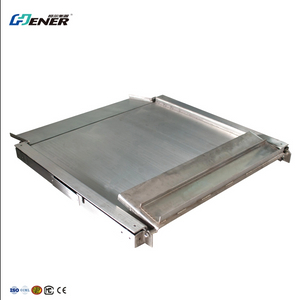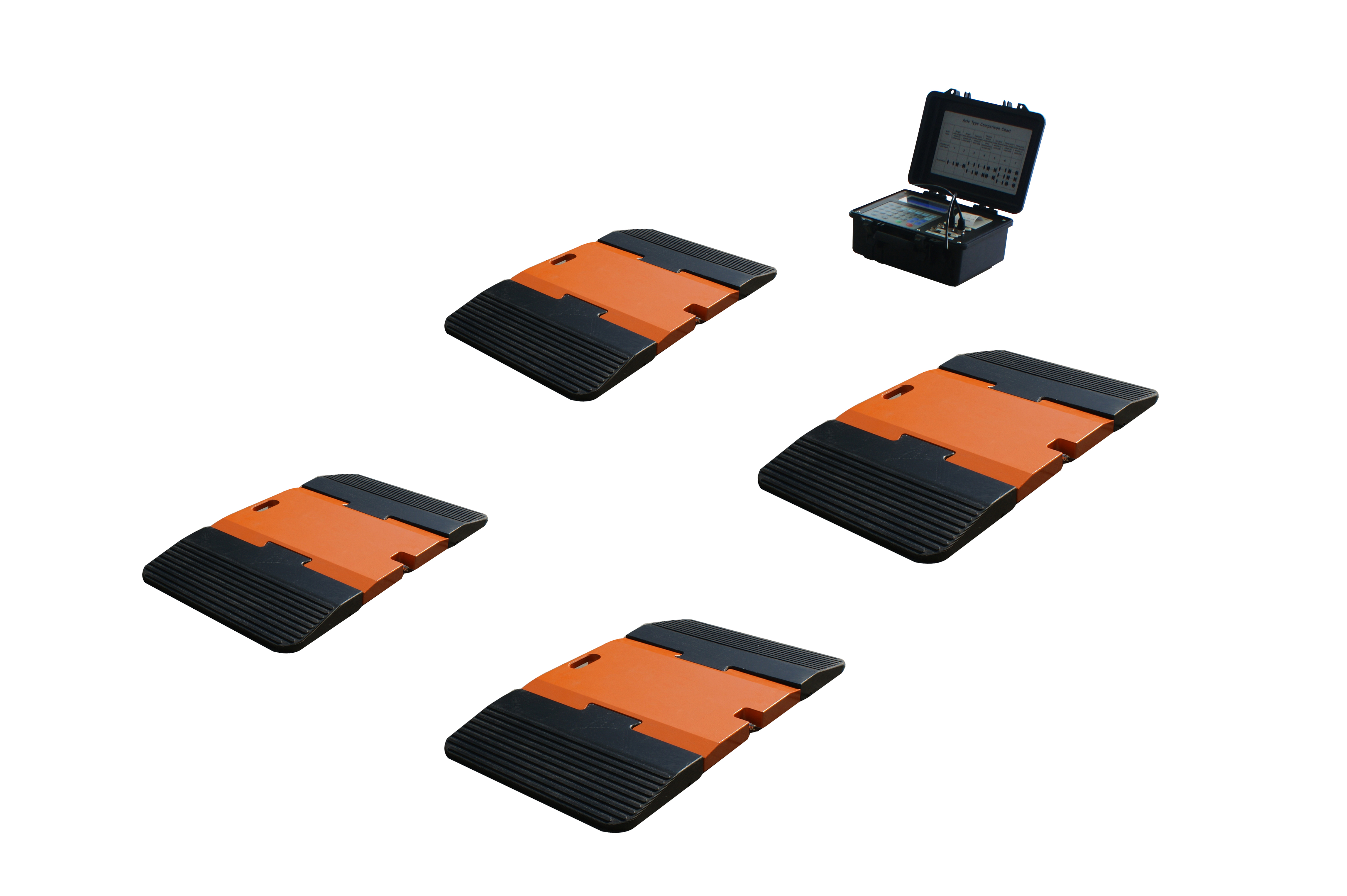

Ensuring accurate axle weights is crucial for compliance, safety, and operational efficiency in the logistics industry. Understanding the methods and tools available for weighing axle weights can help procurement officers and scale station owners make informed decisions.
To weigh axle weights, you can use portable axle scales or weighbridges. Each method offers different levels of accuracy and convenience. Portable scales are ideal for on-the-go measurements, while weighbridges provide comprehensive weight data for entire vehicles.
Now, let's delve deeper into the specific methods and their applications.
What is the purpose of weighing axle weights?
Ensuring Compliance and Safety
Weighing axle weights ensures that vehicles comply with legal weight limits. Overloaded axles can lead to fines and pose significant safety risks, such as increased braking distance and potential tire blowouts. Accurate axle weights help maintain the vehicle's stability and handling.
Preventing Road Damage
Excessive axle weights can cause significant damage to road surfaces, leading to costly repairs and maintenance. By adhering to weight regulations, vehicles help preserve road infrastructure and reduce public spending on repairs.
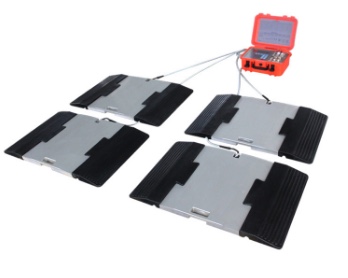
Setup and Operation
Portable axle scales are designed for easy transportation and setup. These scales are placed under each wheel, and the vehicle drives over them slowly. The scales measure the weight exerted by each axle and display the readings on a digital indicator.
Advantages and Limitations
Portable axle scales are convenient for quick, on-site measurements. They are lightweight, easy to use, and provide reasonably accurate readings. However, their accuracy can be affected by uneven ground surfaces and improper setup.
What is the difference between a Weighbridge and an Axle scale?
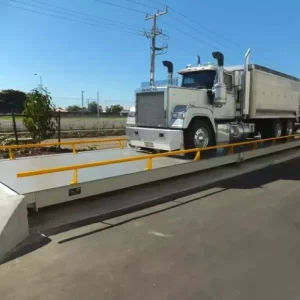
Total Weight vs. Axle Weight
A weighbridge measures the total weight of the vehicle, providing a comprehensive weight assessment. In contrast, axle scales measure the weight of individual axles, offering detailed insights into weight distribution across the vehicle.
Use Cases for Each Method
Weighbridges are ideal for facilities requiring total vehicle weight data, such as shipping terminals and large logistics hubs. Axle scales are better suited for situations where precise axle weight information is needed, such as compliance checks and weight distribution analysis.
How accurate are Axle Scales?
Factors Affecting Accuracy
The accuracy of axle scales can vary based on several factors, including the quality of the scales, ground surface conditions, and calibration. High-quality scales, when properly calibrated and used on level surfaces, can provide accuracy within 1% of the actual weight.
Calibration and Maintenance
Regular calibration and maintenance are essential to ensure the accuracy of axle scales. Periodic checks and adjustments help maintain the precision of the scales and extend their lifespan.
Features and Benefits
Portable axle scales come with various features, such as wireless communication, built-in printers, and high-capacity batteries. These scales are versatile and can be used in different locations, making them an excellent choice for fleet operators and inspection stations.
Popular Models
Several reputable manufacturers offer portable axle scales, including HENER, renowned for their durable and accurate products. Popular models include the HENER AxleWeigh series, known for its reliability and ease of use.
Comparative Analysis
Weighbridges offer a comprehensive weight measurement for entire vehicles, while axle scales provide detailed axle-specific weights. The choice between the two depends on the specific needs of the operation. Weighbridges are suitable for fixed installations, whereas axle scales offer portability and flexibility.
Choosing the Right Tool
Consider the nature of your operations and the level of detail required when choosing between a weighbridge and axle scales. For detailed weight distribution analysis and on-the-go measurements, axle scales are ideal. For total weight assessments at fixed locations, weighbridges are more appropriate.
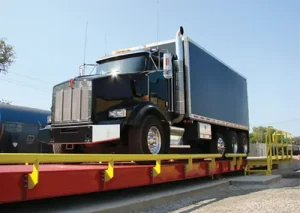
Axle weight regulations
Key Regulations to Know
Different regions have specific axle weight regulations to prevent road damage and ensure safety. For example, the US Federal Highway Administration sets axle weight limits to minimize road wear and enhance safety. Understanding these regulations is crucial for compliance.
Compliance Tips
Ensure your vehicles are regularly checked for axle weight compliance. Utilize portable axle scales for quick checks and maintain records of weight measurements to avoid fines and ensure safe operation.

Best practices for weighing axle weights
Tips for Accurate Measurements
Ensure Level Ground: Use scales on a flat, even surface to avoid inaccurate readings.
Calibrate Regularly: Regular calibration ensures the accuracy of your scales.
Follow Manufacturer Guidelines: Adhere to the setup and operation guidelines provided by the scale manufacturer.
Common Mistakes to Avoid
Ignoring Calibration: Failing to calibrate scales can lead to inaccurate measurements.
Using Scales on Uneven Surfaces: Uneven ground can skew weight readings, leading to compliance issues.
Overlooking Regular Maintenance: Neglecting maintenance can reduce the accuracy and lifespan of your scales.
Truck axle weight limits
Legal Limits by Region
Different regions have specific legal limits for axle weights. For instance, the maximum allowable weight per axle in the US is generally 20,000 pounds for single axles and 34,000 pounds for tandem axles. Familiarize yourself with the limits in your operating regions.
Importance of Adhering to Limits
Adhering to axle weight limits is crucial for avoiding fines, enhancing vehicle safety, and protecting road infrastructure. Regularly check axle weights to ensure compliance with legal limits.
How to calibrate axle scales
Step-by-Step Guide
Check Manufacturer Instructions: Follow the specific calibration instructions provided by the manufacturer.
Use Certified Weights: Calibrate using certified weights to ensure accuracy.
Perform Regular Checks: Schedule regular calibration checks to maintain accuracy.
Importance of Regular Calibration
Regular calibration ensures the scales remain accurate, providing reliable weight measurements and maintaining compliance with legal requirements.
Summary
In summary, accurately weighing axle weights is essential for safety and compliance in the logistics industry. By understanding the different methods and tools available, you can ensure that your operations run smoothly and within legal limits.
English
العربية
Français
Русский
Español
Português
Deutsch
italiano
Nederlands
Tiếng Việt
ไทย
Polski
Türkçe
ភាសាខ្មែរ
Bahasa Melayu
Filipino
Bahasa Indonesia
Română
Čeština
Монгол
қазақ
Српски
हिन्दी
Slovenčina
Slovenščina
Norsk
Svenska
Ελληνικά
Suomi
Հայերեն
Latine
Dansk
Shqip
Hrvatski
Afrikaans
Gaeilge
Eesti keel
Oʻzbekcha
latviešu
Azərbaycan dili
Беларуская мова
Български
ქართული
guarani
Кыргызча
Lietuvių
Македонски
Malti
Soomaali
Тоҷикӣ
Türkmençe







